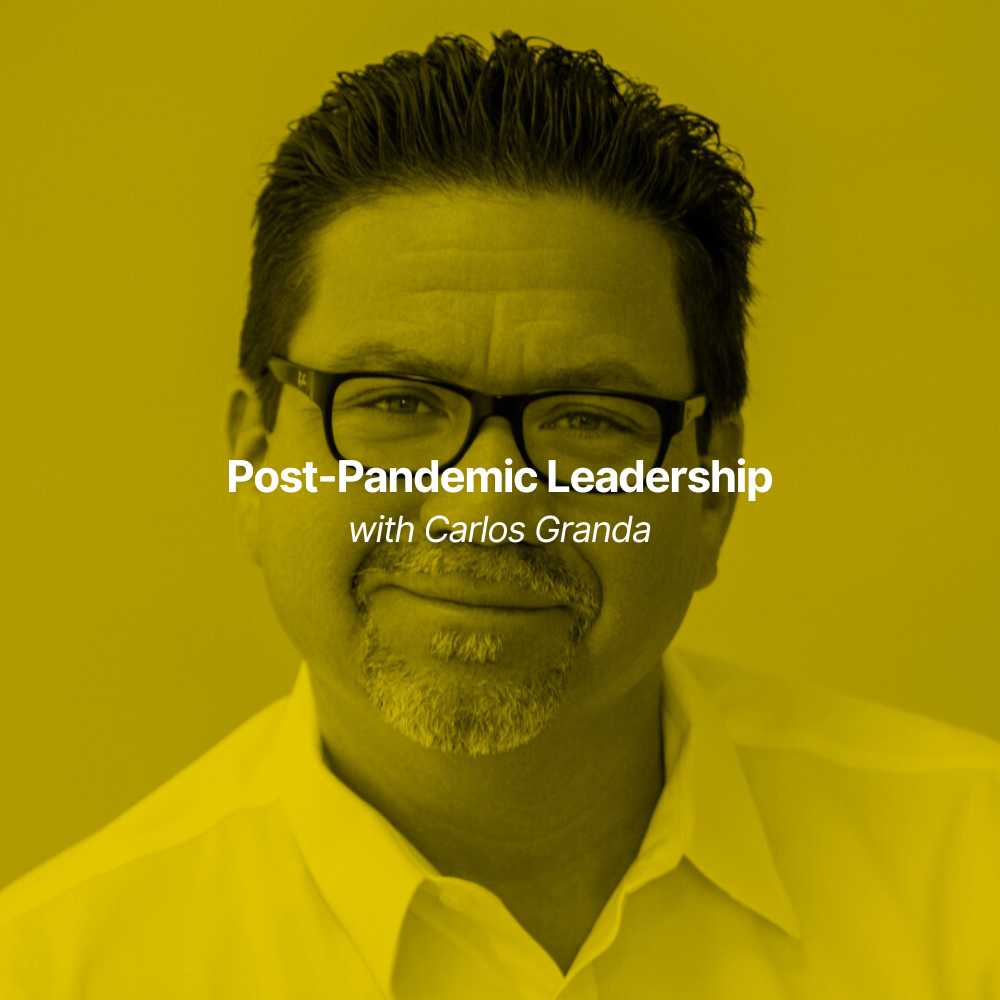Home » Post-Pandemic Leadership: Navigating The Evolving Work Culture
Post-Pandemic Leadership: Navigating The Evolving Work Culture

originally published: 2023-11-13 10:55:51
Navigating Uncertainty
The pandemic was an unprecedented experience, one without a playbook to guide us. Granda underscores, “the unique aspect of the pandemic was its universal impact. It didn’t discriminate based on job titles, income, or location. It placed everyone on a level playing field. Whether you were a company CEO or a receptionist, the pandemic affected individuals at a personal and professional level. It was a great equalizer.”
Now, many leaders grapple with the challenge of redefining expectations and maintaining this newfound sense of connection. The emphasis has shifted towards prioritizing employee well-being and leading with empathy and authenticity. Granda drew a parallel between leadership and parenting. Leading by example is imperative,
“It’s no longer enough to simply tell your team what to do; you must demonstrate those behaviors.”
Since the world reopened, some trends have emerged. Many individuals relocated during the pandemic, seeking new living environments beyond the city due to uncertainty. Companies initially embraced remote work, allowing employees the flexibility to work from various locations. However, there is now a shift in expectations, with organizations, like Google and Microsoft, calling employees back to the office. This transition to a hybrid work model has become a topic of contention.
Numerous studies have shown that remote work during the pandemic did not significantly reduce productivity, shedding light on the importance of trust in the workplace. The issue of trust revolves in the belief that employees are responsible and engaged, regardless of their physical location. In a world where remote and hybrid work are becoming more conventional, leaders must find a balance that addresses the diverse needs of their teams while nurturing a culture of trust and accountability.
Granda adds the significance of empathy and authenticity in navigating these evolving workplace dynamics, “It’s not about where or how work is accomplished, but about how leaders create an environment that enables their teams to excel and adapt in any setting.”
The varied perspectives of different generations within the workforce have been obvious. Granda remarks how older executives may emphasize physical presence to cultivate an in-office culture, while younger employees often seek social connections and the experience of working in an office. Middle management, caught between these generational viewpoints, faces unique challenges related to family obligations and work preferences.
He insists organizations are in the process of finding the right balance and cultivating trust among their employees and underscored,
“Organizations must focus on outcomes and outputs rather than micromanaging employees’ physical presence… A healthy culture that encourages remote collaboration and peer-to-peer accountability is paramount in leading teams effectively in this evolving work landscape.”
Altitude Accelerator
https://altitudeaccelerator.ca/
Altitude Accelerator is a not-for-profit innovation hub and business incubator for Brampton, Mississauga, Caledon, and other communities in Southern Ontario. Altitude Accelerators’ focus is to be a dynamic catalyst for tech companies. We help our companies grow faster and stronger. Our strength is our proven ability to foster growth for companies in Advanced Manufacturing, Internet of Things, Hardware & Software, Cleantech and Life Sciences. Our team consists of more than 100 expert advisors, industry, academic, government partners. The team helps companies in Advanced Manufacturing, Internet of Things, Hardware & Software, Cleantech and Life Sciences to commercialize their products and get them to market faster.


